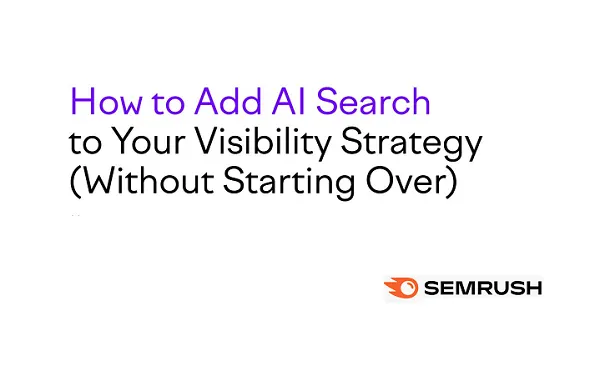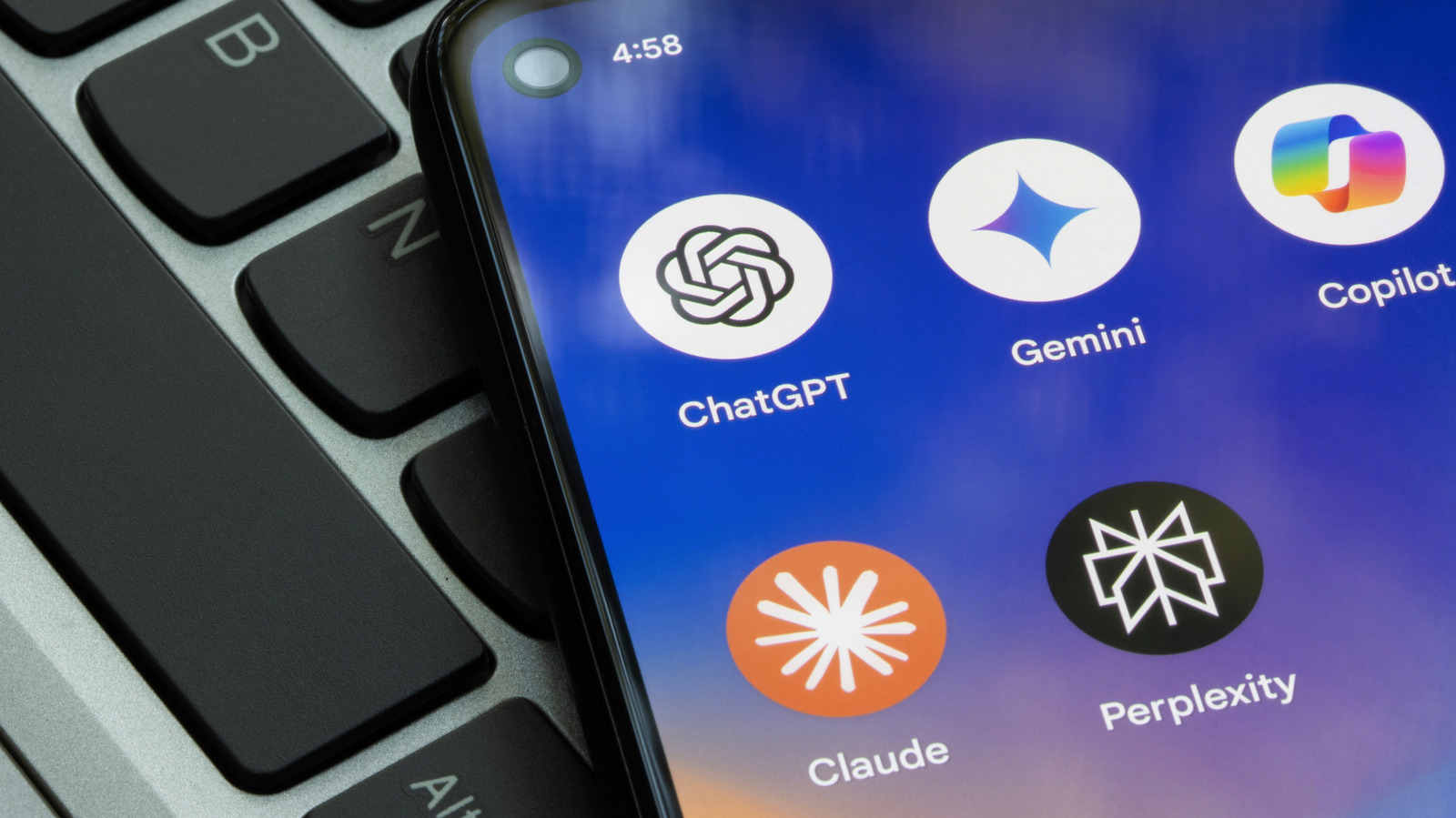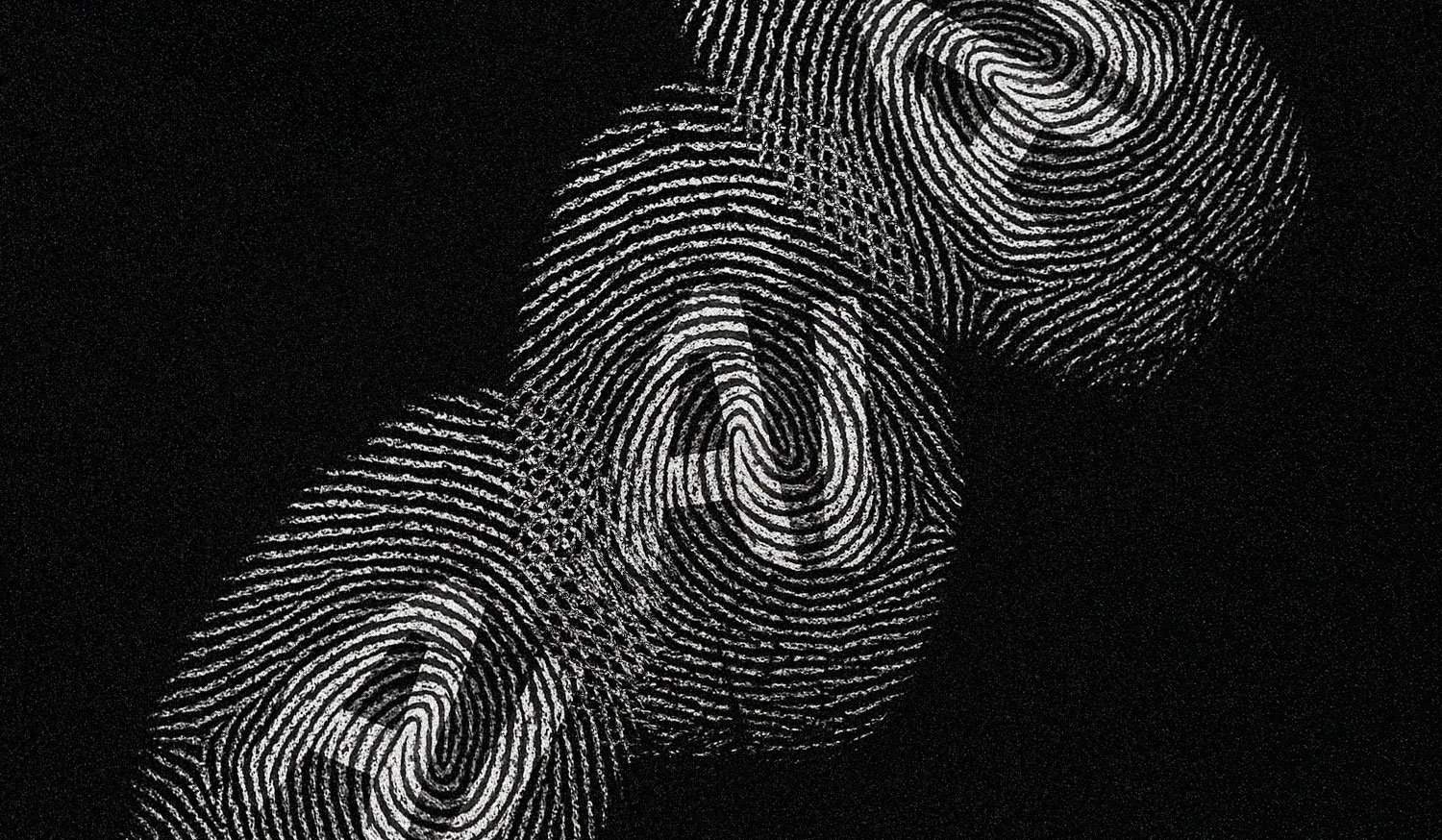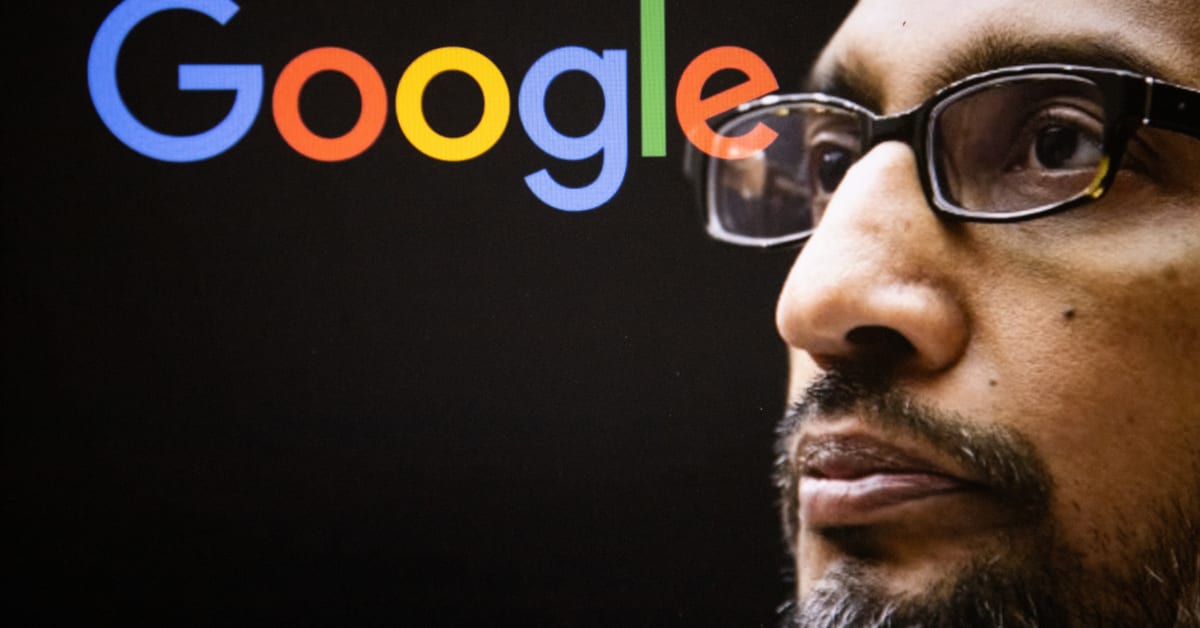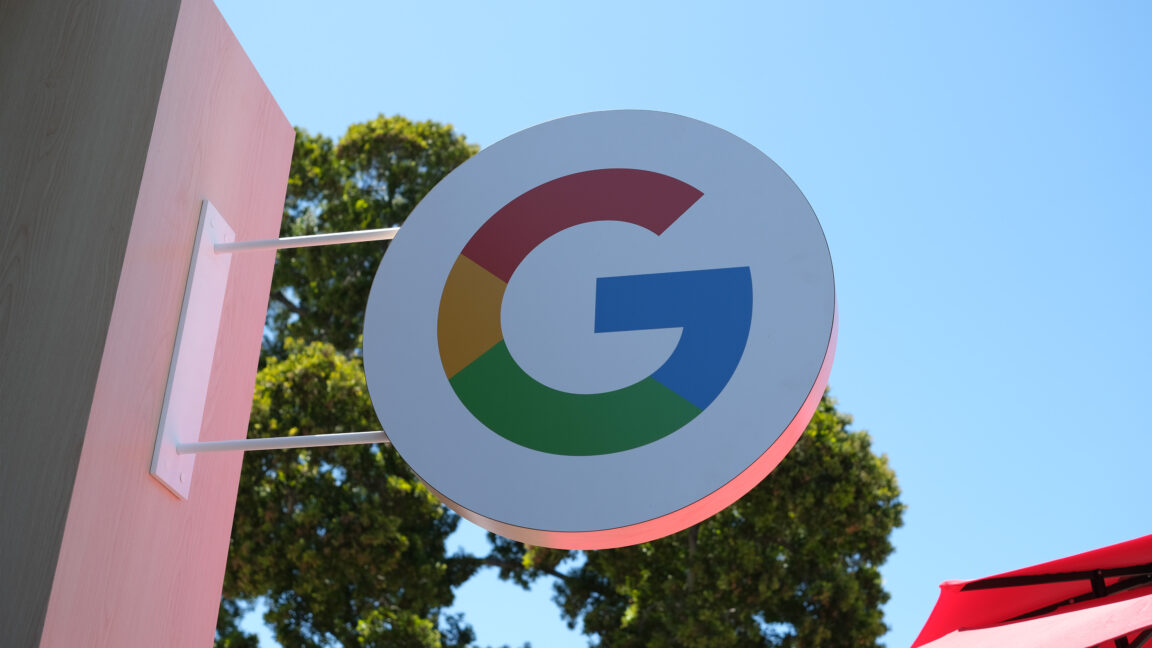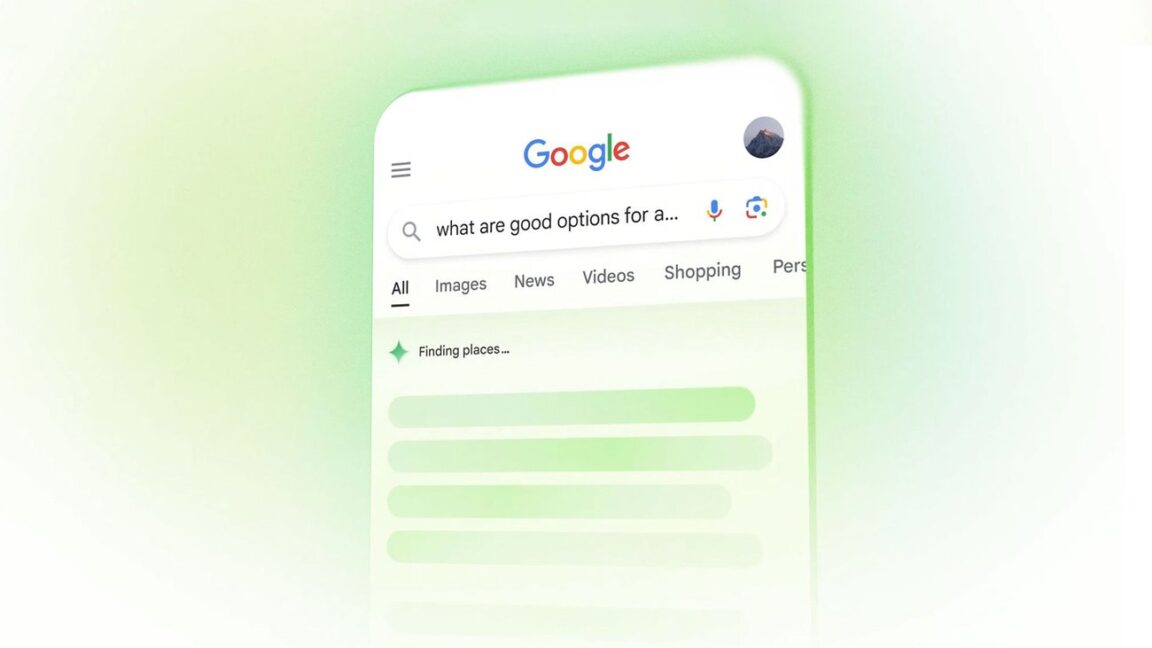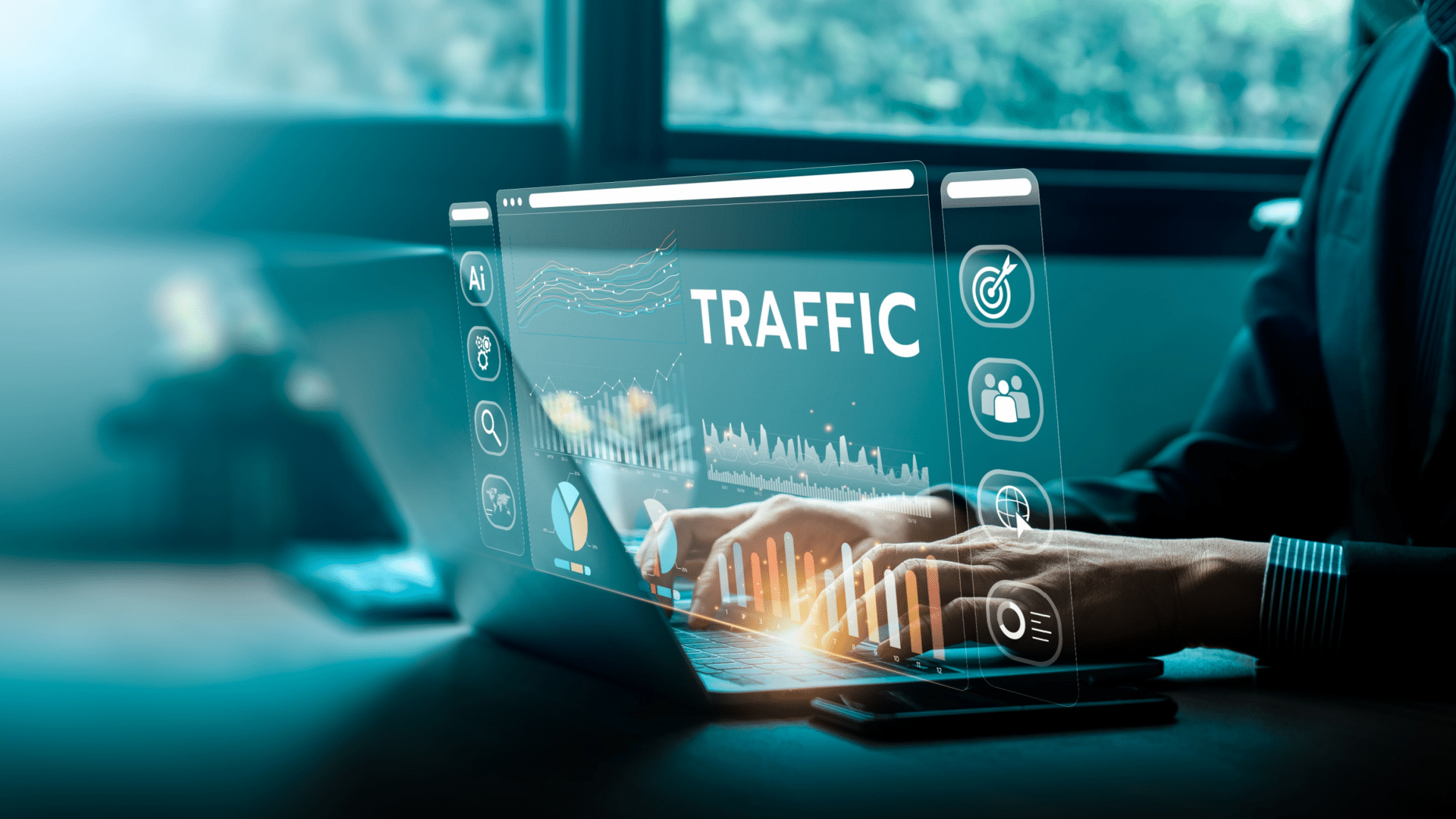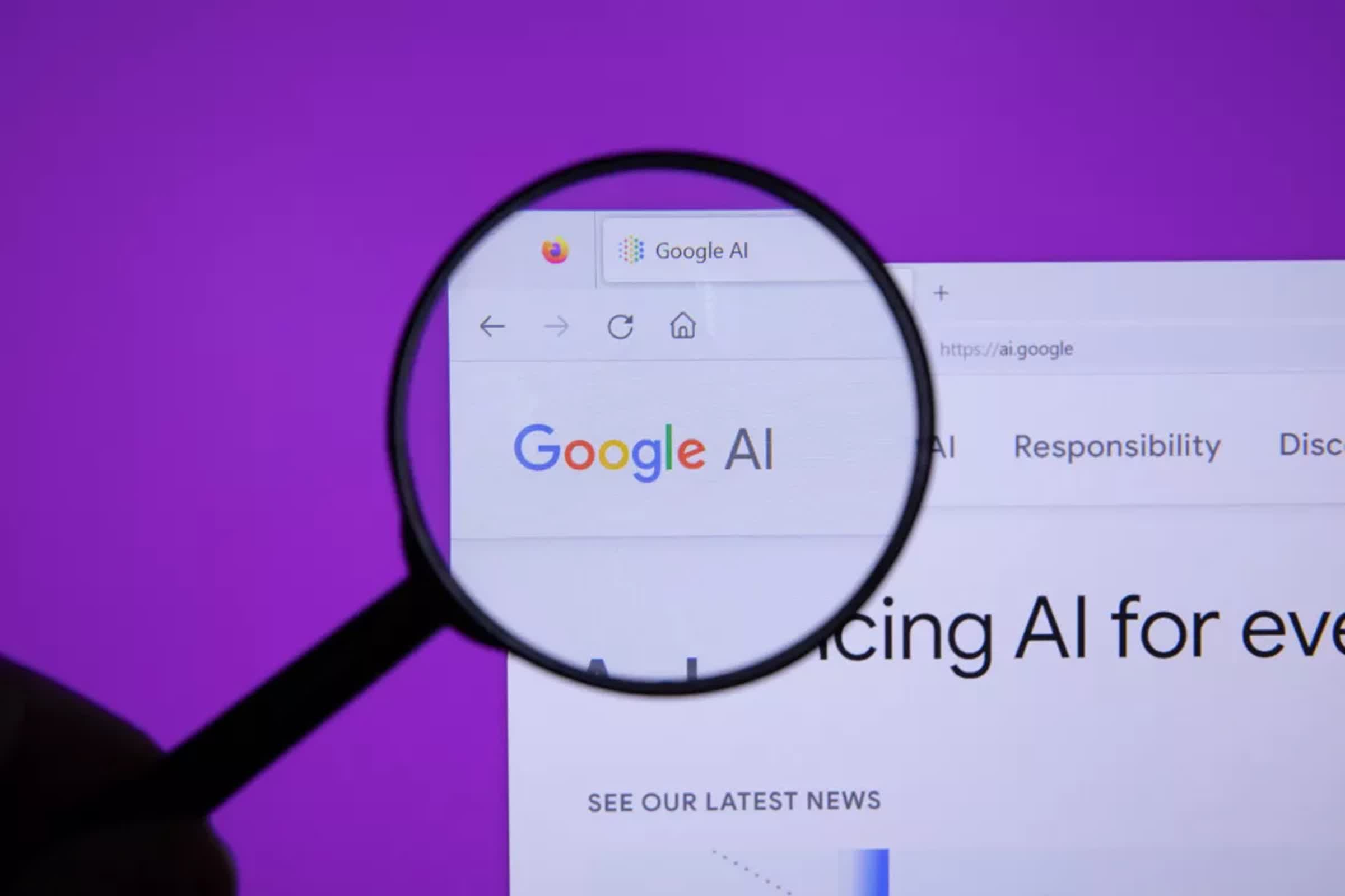fromDigiday
5 days agoIn Graphic Detail: AI licensing deals, protection measures aren't slowing web scraping
New data is reinforcing a structural shift in how AI systems access publisher content: AI models are increasingly scraping publisher content, regardless of bot-blocking measures or content licensing deals meant to control usage, improve attribution or drive referral traffic. New research from analytics firms and bot-tracking companies shows AI tools are increasingly crawling publisher sites as inputs for AI-generated summaries and training, while sending back only limited referral traffic.
Artificial intelligence


